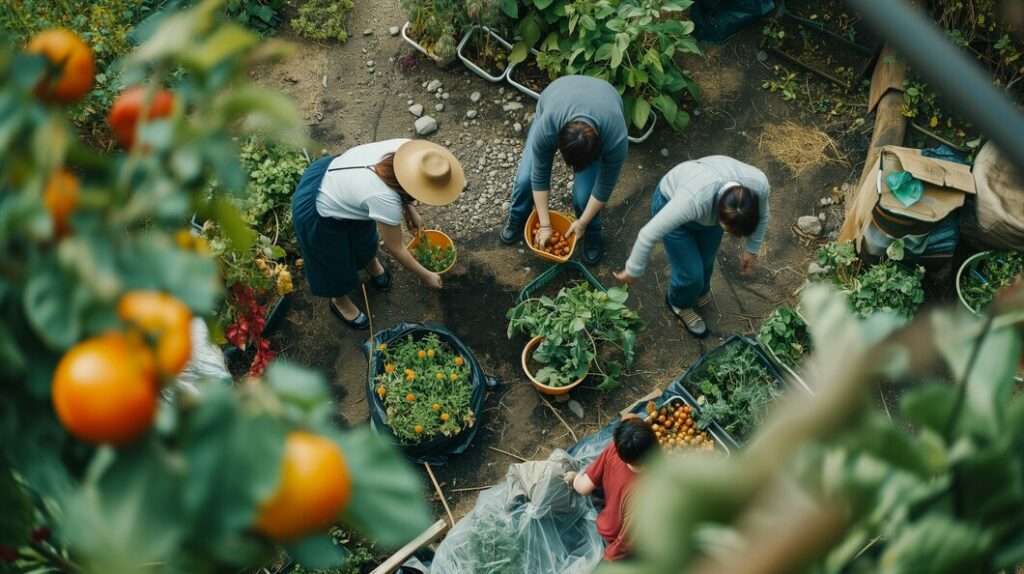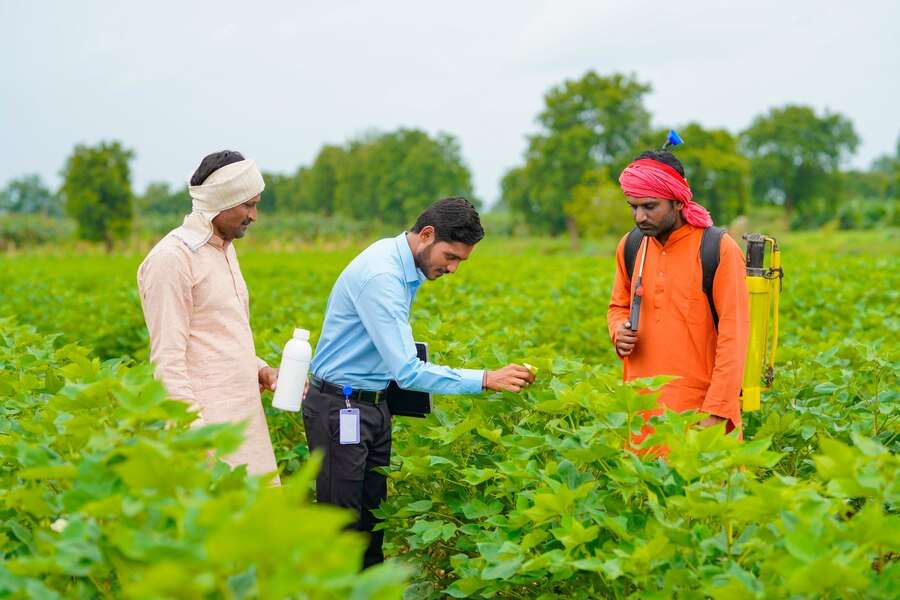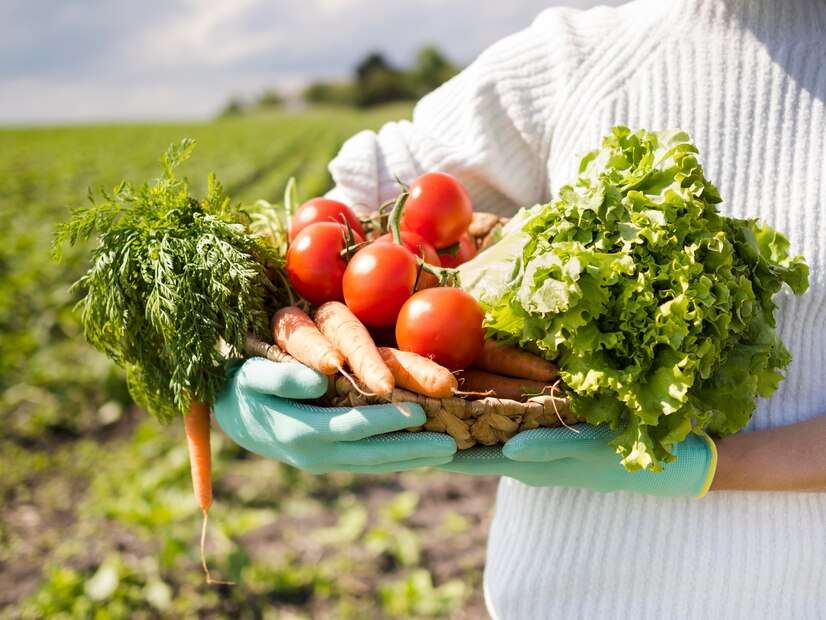Sustainable agriculture in Nalgonda, with its fertile plains and rich agricultural traditions, is embracing sustainable farming to ensure long-term productivity and environmental health. Sustainable agriculture practices are critical for balancing food production with natural resource conservation. Farmers in Nalgonda can adopt these practices to enhance yields, reduce costs, and preserve the ecosystem.
1. Embracing Organic Farming
Organic farming minimizes the use of synthetic fertilizers and pesticides, relying on natural compost, bio-fertilizers, and pest control.
- Key Benefits: Improved soil fertility, healthier crops, and reduced environmental impact.
- Local Resources: Farmers can access organic farming workshops conducted by agricultural extension centers in Telangana.
2. Practicing Crop Rotation
Rotating crops such as legumes, cereals, and vegetables helps maintain soil fertility and reduce pest infestations.

- Example: A rotation between groundnuts and millets enhances nitrogen levels in the soil.
- Impact: Healthier crops with reduced dependency on chemical inputs.
3. Water Conservation Techniques
Given Nalgonda’s semi-arid climate, water-saving irrigation methods are crucial.
- Drip Irrigation: Provides water directly to the roots, reducing wastage.
- Rainwater Harvesting: Collects and stores rainwater for agricultural use.
- Example: Many farmers near Nagarjuna Sagar have adopted these practices with great success.

4. Integrating Agroforestry
Combining agriculture with tree planting enhances biodiversity, prevents soil erosion, and provides shade for crops.
- Suitable Trees: Neem, tamarind, and mango are excellent choices for Nalgonda’s climate.
- Additional Benefits: Trees offer secondary income through fruits, timber, or medicinal extracts.
5. Adopting Climate-Resilient Crops
With unpredictable weather patterns, growing drought-tolerant and pest-resistant crops ensures steady yields.
- Recommended Crops: Pearl millet, pigeon peas, and green gram are ideal for Nalgonda.
- Support: Government and NGOs provide seeds for climate-resilient varieties.

6. Soil Health Management
Maintaining soil health is vital for sustainable farming.
- Natural Fertilizers: Use cow dung, vermicompost, and green manure.
- Soil Testing: Regular testing ensures appropriate nutrient management.
- Example: Farmers in kattangur have improved yields by adopting soil health cards.
7. Community Farming and Knowledge Sharing
Collaborative efforts among farmers to share tools, techniques, and knowledge create a supportive environment.
- Cooperative Success Stories: Sagar farmer’s cooperative introduced shared machinery for cost-saving.

8. Leveraging Agri-Tech Solutions
Mobile apps and digital platforms connect farmers to market trends, weather updates, and expert advice.
- Popular Tools: Telangana Farmers’ App and Kisan Call Center.

9. Government Support and Schemes
Farmers in Nalgonda can benefit from various government schemes promoting sustainable agriculture.
- PM-KISAN Yojana: Financial support for small and marginal farmers.
- Subsidies: Drip irrigation kits and solar water pumps.
Conclusion
Sustainable agriculture in Nalgonda is more than a necessity; it is a path toward long-term prosperity and ecological balance. By adopting these practices, farmers can ensure better yields, conserve natural resources, and contribute to a healthier planet.
For more information on sustainable farming techniques, visit Ministry of Agriculture and Farmers Welfare or Telangana Agriculture Department.



